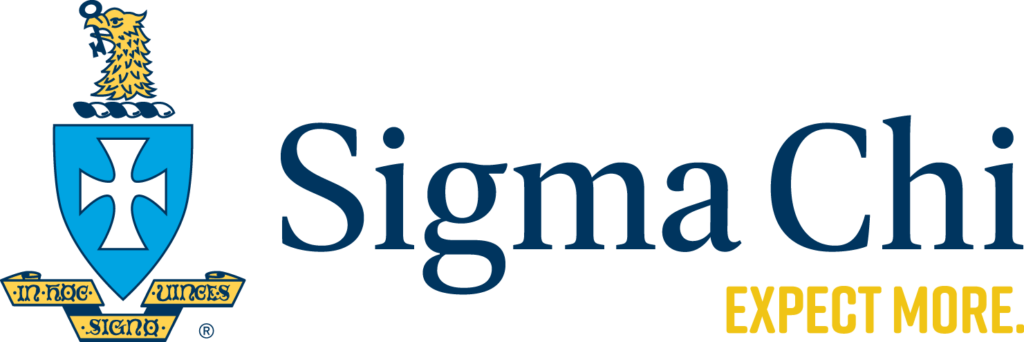Nine Purdue Sigs, including San Francisco 49ers safety Jake Thieneman, 2018, are volunteering toward a life-saving effort.
With the COVID-19 pandemic impacting lives across the globe and hospitals needing medical supplies and equipment, two men in the robotics industry, Tyler Mantel and Alex Frost, came together alongside several volunteers to develop and manufacture an affordable ventilator made from materials outside of the medical supply chain to help hospital systems worldwide.
When Mantel sought engineers, scientists and others upon the The Ventilator Project’s debut on March 20, he quickly found the help of his younger brother Preston Mantel, PURDUE 2018, who turned to fellow Purdue Sigs Jake Thieneman, 2018, a safety for the defending NFC champion San Francisco 49ers of the NFL, and James Ray, 2020, to help marketing and communication efforts.
“My brother called me when he started this, and there was no hesitation to jump on,” says Preston Mantel. “We have never seen anything of this magnitude before. It’s a problem that impacts all classes, goes across every demographic and every walk of life. It means a lot that we can be able to help. At the end of the day when we look back, we can say that we did something to save a lot of lives.”
Thieneman, who has been training from home while NFL facilities and training operations have been closed, saw an opportunity to help make a difference while observing the stay-at-home order issued in his home state of Indiana.
“That was one of the main reasons I was happy to get involved from the start. It was something I could do from home to help,” says Thieneman. “Seeing it on the news, it’s crazy what’s been going on. Hopefully, we’re on a trend toward getting better. Being able to have an impact on one life, one family, would be special.”
By early April, six additional Purdue Sigs volunteered to help The Ventilator Project gain steam.
Sam Schiavitti, 2022, helped the group with engineering specifications for the design for manufacturing. Drew Cagnassola, 2015, is working to help the project receive FDA approval.
Four other brothers, Xavier Thompson, 2018, Ben Waters, 2016, Paul Leffler, 2015, and Alec Trono, 2018, have lent a hand in making connections through fundraising advising, manufacturing, supplies, sales and capital fundraising.
All in all, through the assistance of 60 engineers and computer scientists, The Ventilator Project has built a functional prototype, established key partnerships with robotic companies and is in the process of establishing production with a medical manufacturing company upon FDA approval.
Using readily available and low-cost parts, The Ventilator Project provides an inexpensive, reliable ventilator, specifically engineered for COVID-19 patients, that can be quickly and easily mass produced to meet demand.
“A standard ventilator goes anywhere from $25,000 to $50,000,” Thieneman says.
“That’s a lot for hospitals to shell out right now given everything that’s going on. Our ventilators can be produced for $5,000. They are definitely more affordable for hospitals. From the start, the ventilator was designed with parts that were not in the medical device supply chain,” he says, adding that the ventilator is designed so that it can be sourced and manufactured quickly.
To finish the prototyping phase, the group is seeking to raise $100,000 to produce between 1,000 and 2,000 ventilators in the first month following FDA approval, with the potential of making as many as 60,000 ventilators per month thereafter.
More than 250 volunteers have lent their help in a variety of ways to combat the crisis and save lives, but Mantel notes that they are seeking additional volunteers along with individuals willing to contribute financially in any amount through their website.
“Donations are our No.1 need,” Mantel says. “Our goal is to begin our first manufacturing run as soon as we have FDA approval. Any donation helps. Five, 10 bucks. Beyond that, whether you have social media expertise or engineering expertise, you can join our team on the website. We’ve had Sigs and other kids reach out; they have flown to Boston to help. We have people on our remote PR and marketing team. There are a number of ways you can get involved.”
The other big need, according to Thieneman, is sharing the message of The Ventilator Project through social media or other outlets.
“That’s going to be a huge help,” Thieneman says. “If you share it with someone who can make an impact, or they share it with someone who can make an impact, it’s going to help us get closer.”
For more information, visit https://theventilatorproject.org.
